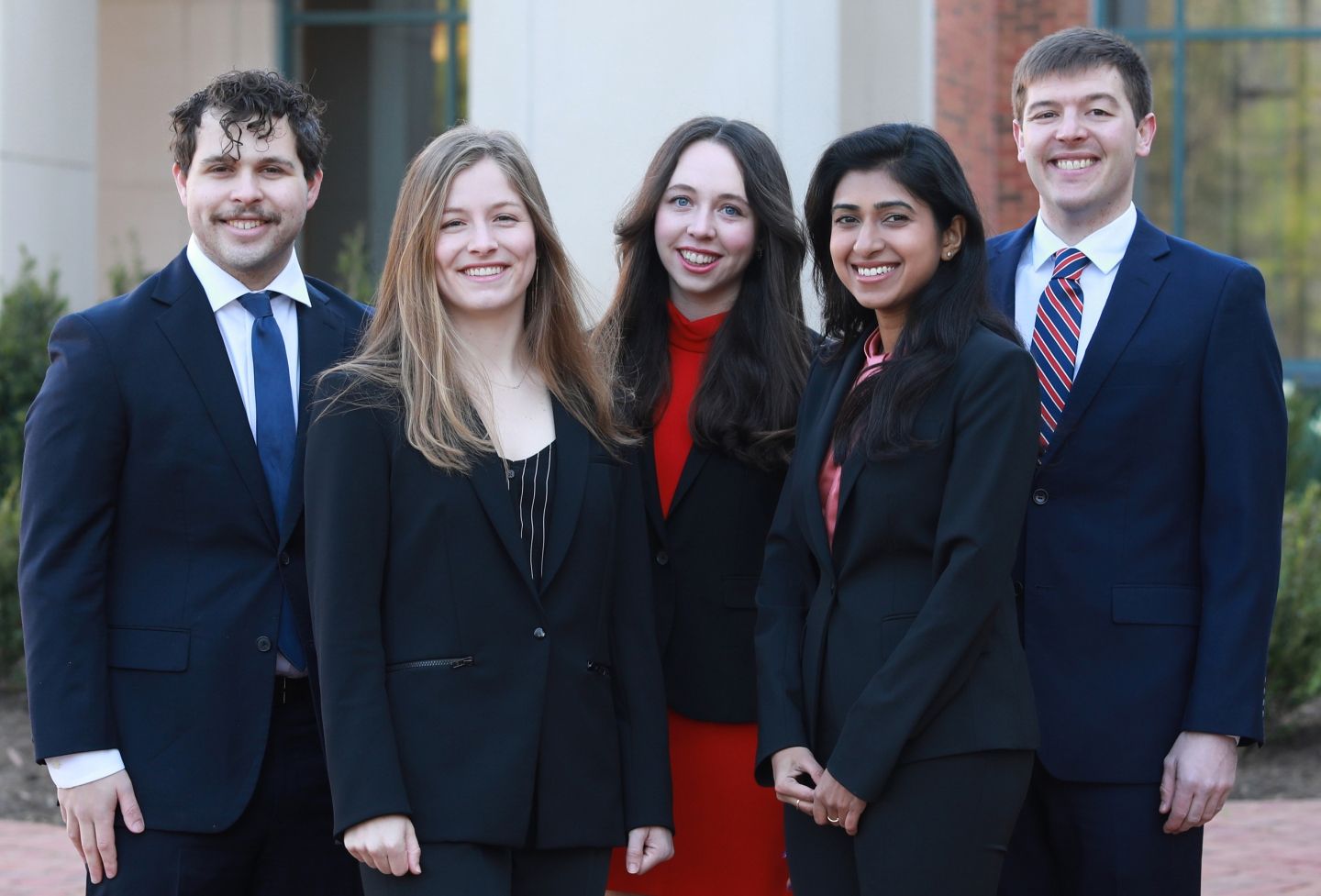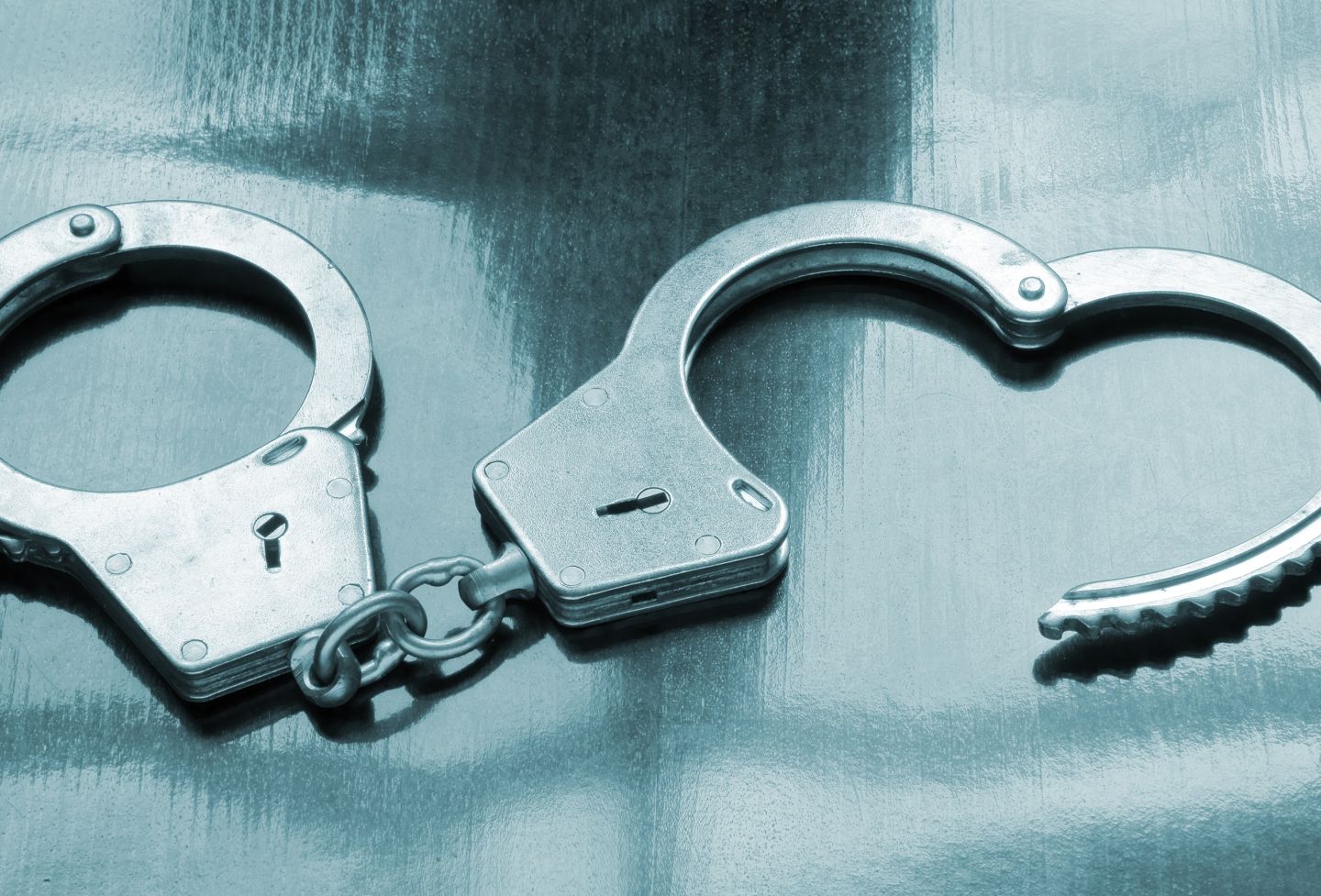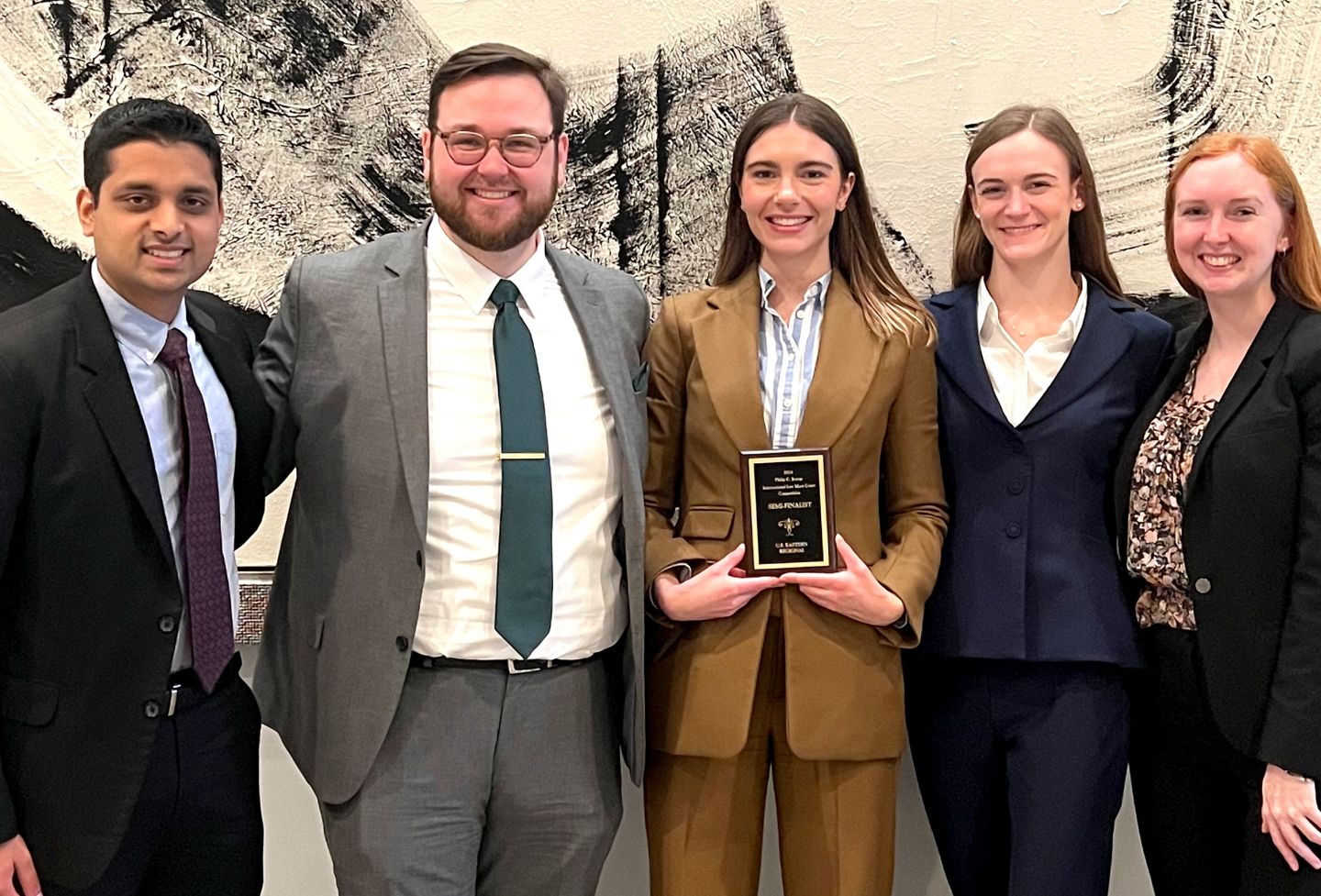Courts Are Capable of Handling Terrorism Cases, Judge Says
Civilian courts can handle the legal challenges of terrorism cases if they undergo minor reforms and refinements, a district court judge told law students and professors at the 22nd Annual Sokol Colloquium on Private International Law Thursday.
“Just some tweaks of the tools at our fingertips will allow these cases to be handled in civilian courts,” said Judge Leonie M. Brinkema, who presided over the criminal trial of Sept. 11, 2001, co-conspirator Zacarias Moussaoui in the Federal District Court for the Eastern District of Virginia.
The Moussaoui case, Brinkema said, proved that civilian courts could handle the various pressures of terrorism cases despite the seeming difficulties. While the case was challenging as a capital case with classified information and a pro se defendant, it was still successfully conducted.
“I've often referred to the Moussaoui case as the perfect storm,” she added.
However, at times Brinkema had to be innovative to respond to the demands of witness protection and defendant rights. For example, she allowed the use of satellite technology to conduct a deposition via two-screen video from Indonesia in order to access a witness. While she applied the confrontation rights of the Sixth Amendment, it had to be tweaked since the person was not physically present.
“The ability to get to witnesses that we could not get to before is now available,” she said.
Brinkema faced another dilemma when Moussaoui demanded access to other arrested Sept. 11 conspirators and the government could not oblige due to 'classification' issues. Believing Moussaoui's legal rights deserved protection, she creatively applied the Classified Information Procedures Act, which sets rules on when top-secret documents are relevant to public trials, to combatants.
“I used CIPA, which is for documents, to apply to people... judges don't usually create the evidence,” she said.
Brinkema also argued that some of the challenges of terrorism cases had beleaguered civilian courts in the past, and that there were already various mechanisms in place to deal with them. Mafia trials, for instance, historically demanded the same tight security and sensitive intelligence handling.
“Extensive classified information does not mean it can't be handled in civilian courts,” she said.
Generally, Brinkema said holding open, public trials was important because it enhanced the credibility of the justice system and helped restore the credibility of U.S. global leadership. And while she was sensitive to the need for secrecy, the reasons had to be legitimate national security concerns, not just the prospect of government humiliation.
“National embarrassment is not a major national security threat,” she said.
Addressing torture, Brinkema said it was not only a legal issue but the defining moral and ethical issue of this generation. She highlighted this as the chief worry in future trials like the Moussaoui case.
“The elephant in the room is how they were treated and the methods in which the information was taken,” she said.
This year's Sokol Colloquium focused on human rights litigation in U.S. courts, with the panels of legal practitioners, scholars and government officials. Among the issues discussed were torts and human rights.
Founded in 1819, the University of Virginia School of Law is the second-oldest continuously operating law school in the nation. Consistently ranked among the top law schools, Virginia is a world-renowned training ground for distinguished lawyers and public servants, instilling in them a commitment to leadership, integrity and community service.


